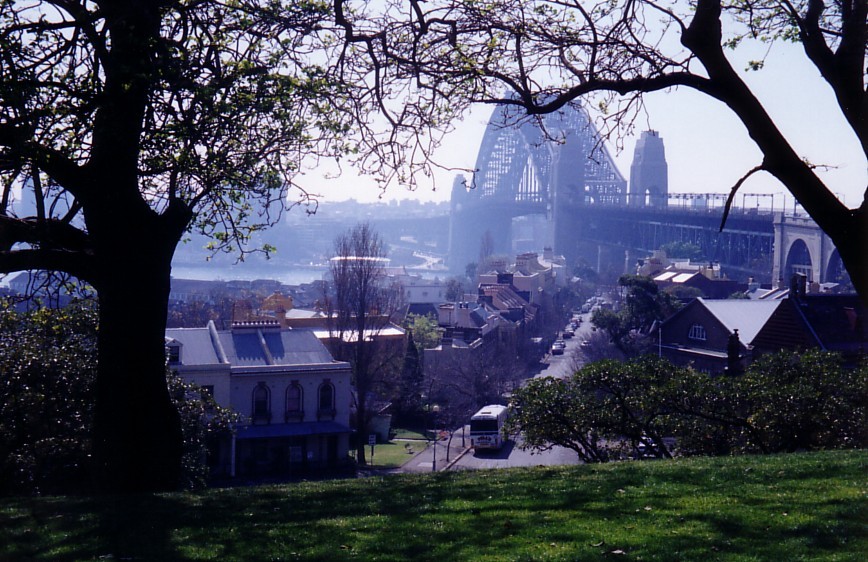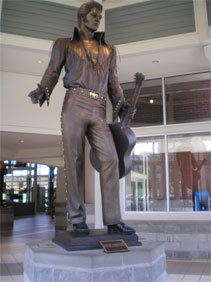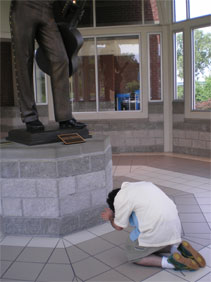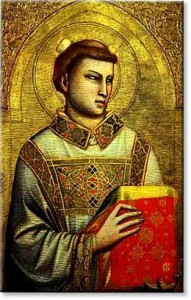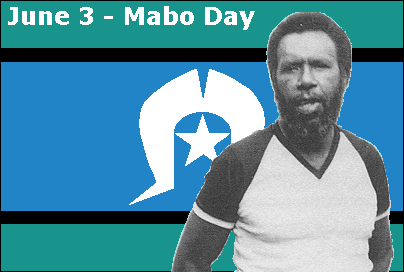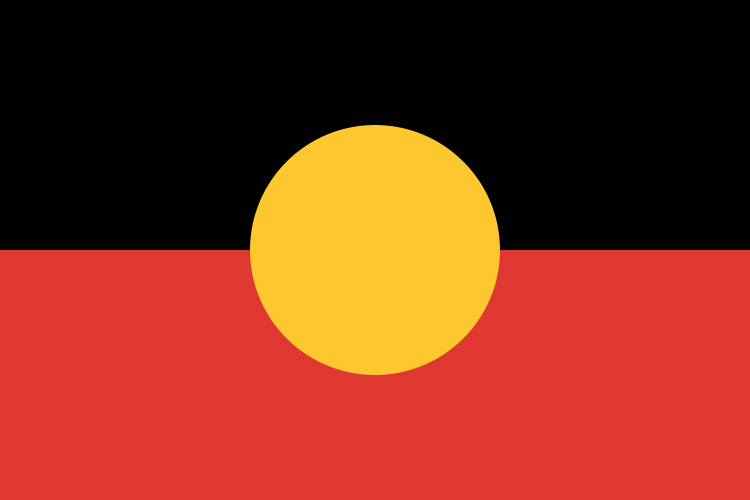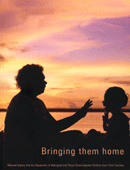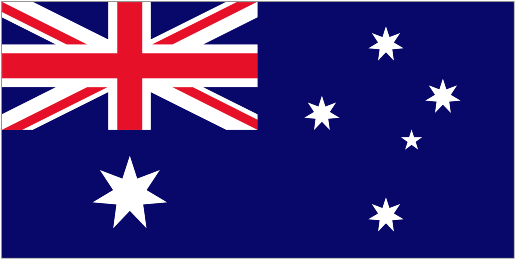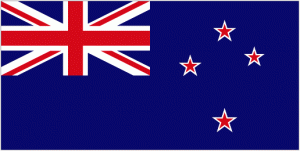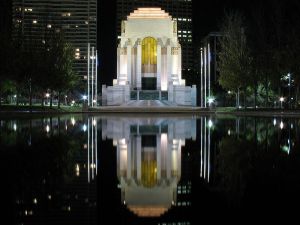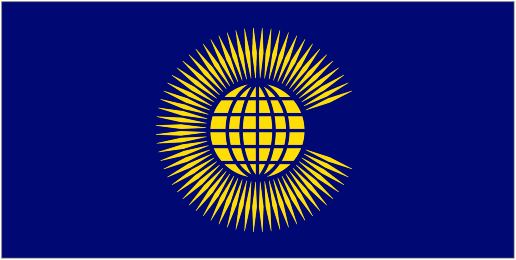
Here’s a geography quiz:
1. What is the official language of Belize?
2. Whose portrait adorns the Canadian loonie?
3. What comprises 53 countries, covers over a fifth of the world’s land area, and accounts for 2 billion of the earth’s population?
If you answered
- English.
- Queen Elizabeth II
- The British Commonwealth
you got 1 and 2 right. The word ‘British’ was axed from The Commonwealth to reflect the fact that 98% of its subjects are not British at all, and 93% of the Commonwealth’s population live in Asia and Africa.
Today because of British influence in the 18th, 19th and early 20th centuries, English is an official language of over 50 countries, including India, Pakistan, Nigeria, the Philippines, Sudan, Kenya, Uganda, Ghana, Madagascar, Cameroon, Zimbabwe, Malawi, Zambia, Rwanda, Sierra Leone, Papua New Guinea, Singapore, Liberia, Jamaica, Namibia, Lesotho, Botswana, The Gambia, Mauritius, Swaziland, Trinidad and Tobago, Fiji, Guyana, the Solomon Islands, Malta, the Bahamas, Barbados, Vanuatu, Micronesia, Kiribati, Grenada, Seychelles, Dominica, Antigua and Barbuda, Marshall Islands, Palau and Nauru. (Note: not all the above are in the Commonwealth.)
Views around the web on Commonwealth Day…
Our integration with our continental neighbours has had the effect of weakening our ties with our Commonwealth friends.
…a staggering 1,921,974,000 people around the world will be celebrating Commonwealth Day, unless that is you’re British. We Brits it seems still suffer from an imperialist hangover, too embarrassed (dare I say ashamed?)…
The origins of Commonwealth Day date back to 1898 when Clementina Trenholme, author and social organiser, introduced Empire Day in Canadian schools on the last school day before May 24, Queen Victoria’s birthday…In 1958 Empire Day was renamed Commonwealth Day, in accordance with the new post-colonial relationship between the nations of the former empire…

